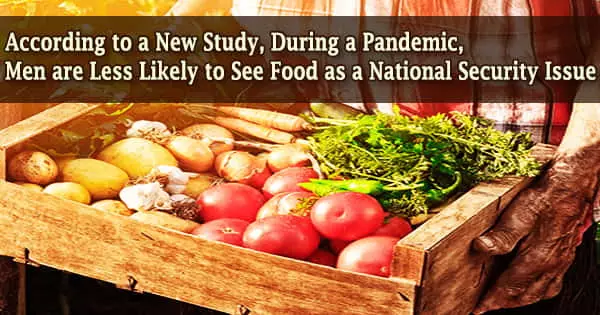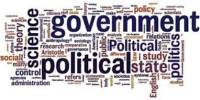According to a study performed by a Washington State University professor, men not only showed less empathy toward temporary agricultural laborers known as H-2A guest workers, but they were also less likely to consider food supply and production as national security challenges.
This gender-related conclusion stood out among the remainder of the study’s findings. The poll was taken both before and after the COVID-19 pandemic.
Jeff Luckstead, WSU Assistant Professor in the School of Economic Sciences, and Rodolfo M. Nayga and Heather A. Snell, both of the University of Arkansas, collaborated on the study, which was published in the journal Applied Economic Perspectives and Policy.
Despite the gender disparity, the study found that throughout the epidemic, people’s attitudes regarding food as a national security concern shifted on average. Because of the crisis, they were also more sympathetic to H-2A workers.
Gender was shown to play a significant effect in a variety of other ways, according to the researchers. Men, on average, did not believe that stay-at-home mandates and their economic consequences were warranted.
The shelter-in-place rules were also seen by men as an overreaction on the part of municipal and state officials. The survey discovered that respondents’ political views on immigration did not alter.
It is interesting to see that while attitudes generally shifted because of the pandemic, gender really stood out as a significant difference in attitudes.
Jeff Luckstead
“The surprising part was how gender played a strong role in influencing responses,” Luckstead said. “It was the only statistically significant factor for all the questions we asked.”
Luckstead, who focuses on agricultural trade and policy analysis, also researches immigration and its impact on agriculture and food production.
The responders were asked nine questions by Luckstead and his co-authors. The questions were divided into two categories: those that were asked before and during the COVID-19 epidemic, and those that were only asked during the pandemic.
The researchers asked respondents to score their immigration policy bias from very liberal to very conservative, among other things. They also inquired about the necessity of agricultural food production during the coronavirus outbreak.
Other inquiries looked into whether shelter-in-place orders were overreacting or underreacting, as well as if any economic harm caused by the orders was justified.
Respondents earning more than $50,000 per year, individuals with advanced degrees, and retirees were all ruled out by the researchers.
“We wanted to sample a domestic audience who would most likely be candidates for agricultural field work,” Luckstead said. He added that domestic workers in his survey categories are vastly under-represented in the agricultural field work economy.
In the broader picture, Luckstead says it’s critical to understand how low-skilled domestic workers in this labor pool see food, food production, and availability, particularly in the event of a pandemic.
Because domestic workers are disproportionately underrepresented in agricultural field work, it’s critical to understand why they aren’t employed in these fields, especially given the high unemployment rates caused by the COVID-19 issue.
“It is interesting to see that while attitudes generally shifted because of the pandemic, gender really stood out as a significant difference in attitudes,” Luckstead said.
















